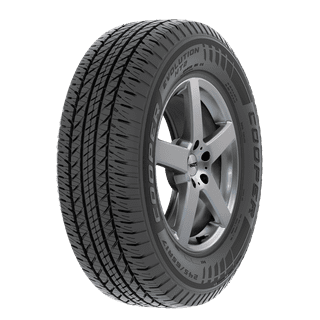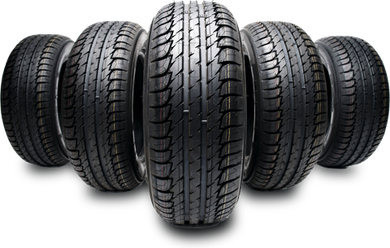Tire Solution: Recognizing Tire Pressure Surveillance Solutions
Recognizing Tire Stress Tracking Systems (TPMS) is a vital element of keeping optimal automobile efficiency and safety when driving. With developments in auto technology, TPMS has become a typical attribute in contemporary cars, providing real-time information on tire pressure levels. Digging much deeper into the details of TPMS, one can reveal the various parts that compose this system and the value of each in ensuring exact surveillance. From direct to indirect TPMS systems, the landscape of tire pressure monitoring is varied, each with its distinct set of factors to consider and benefits. Remain tuned to unravel the complexities of TPMS, from upkeep ideas to the indisputable advantages of keeping your tires effectively pumped up. discount tires morris il.

Value of TPMS
The importance of Tire Pressure Monitoring Systems (TPMS) lies in their capability to enhance vehicle security and efficiency via real-time monitoring of tire pressure degrees. Maintaining the right tire pressure is essential for guaranteeing ideal handling, stopping, and overall safety and security of a car. TPMS offers chauffeurs with immediate feedback on any type of underinflated or overinflated tires, enabling prompt modifications to be made.
Elements of TPMS
Sensing units are commonly situated in the tire shutoff stem or connected to the wheel setting up, where they gauge tire stress and transfer information to the control component. Some advanced TPMS models likewise display the actual tire stress analyses for each tire, giving motorists with real-time details to guarantee ideal tire efficiency and security. By checking tire stress continuously, TPMS helps stop crashes, lowers tire wear, and boosts gas effectiveness, making it a vital part for automobile safety and performance. morris tire and alignment.
Sorts Of TPMS

On the various other hand, indirect TPMS depends on the automobile's wheel speed sensing units to check tire pressure. This system identifies underinflation by discover this info here contrasting the rotational rates of the wheels. Indirect TPMS is less costly than direct TPMS, as it uses existing sensing units within the automobile.
While straight TPMS provides extra exact readings, indirect TPMS is less complex in layout and commonly calls for much less maintenance. Both systems have their benefits and constraints, and the option in between them typically relies on aspects such as cost, car make, and personal preference. Comprehending the distinctions in between these two kinds of TPMS can aid automobile proprietors make notified decisions pertaining to tire upkeep and safety.
TPMS Upkeep Tips
Effective maintenance of TPMS is necessary for ensuring optimum efficiency and security of your automobile. On a regular basis evaluating the TPMS sensors for any kind of damage or rust is essential. Guarantee that the sensing units are clean and totally free from particles that can disrupt their performance. Additionally, it is advisable to inspect the sensor batteries regularly and replace them as needed to ensure accurate readings. Conduct regular look at the tire stress levels and contrast them with the TPMS analyses to guarantee they correspond. Alter the system following the maker's guidelines if check there are any inconsistencies. Furthermore, throughout tire turning or substitute, make sure that the TPMS elements are handled very carefully to stop any kind of possible damages. Finally, if the TPMS alerting light brightens on the dashboard, address the problem without delay by inspecting the tire stress and the total system for any type of mistakes. By sticking to these upkeep pointers, you can extend the life-span of your TPMS and enhance the security of your driving experience.
Advantages of Proper Tire Stress
Maintaining proper tire pressure, as emphasized in TPMS Maintenance Tips, is important for gaining the many advantages linked with optimal tire pressure degrees. Furthermore, correct tire stress guarantees also tire wear, prolonging the lifespan of the tires and promoting more secure driving problems. In verdict, the benefits of proper tire stress go past just tire longevity; they include enhanced gas effectiveness, enhanced safety, better lorry efficiency, and general driving comfort.
Verdict
To conclude, understanding tire pressure tracking systems (TPMS) is critical for preserving optimum tire pressure and ensuring lorry safety and security. By identifying the importance of TPMS, knowing with its elements, knowing the various types readily available, adhering to proper maintenance tips, and recognizing the benefits of maintaining proper tire stress, drivers can boost their driving experience and prolong the life expectancy of their tires. Appropriate tire pressure is crucial to efficient and secure lorry operation.
